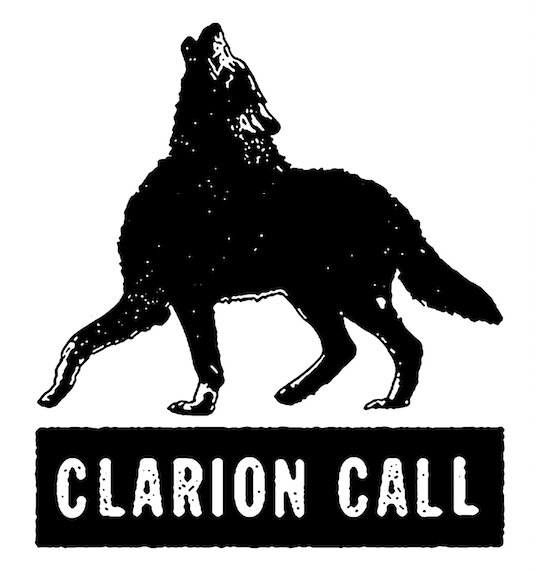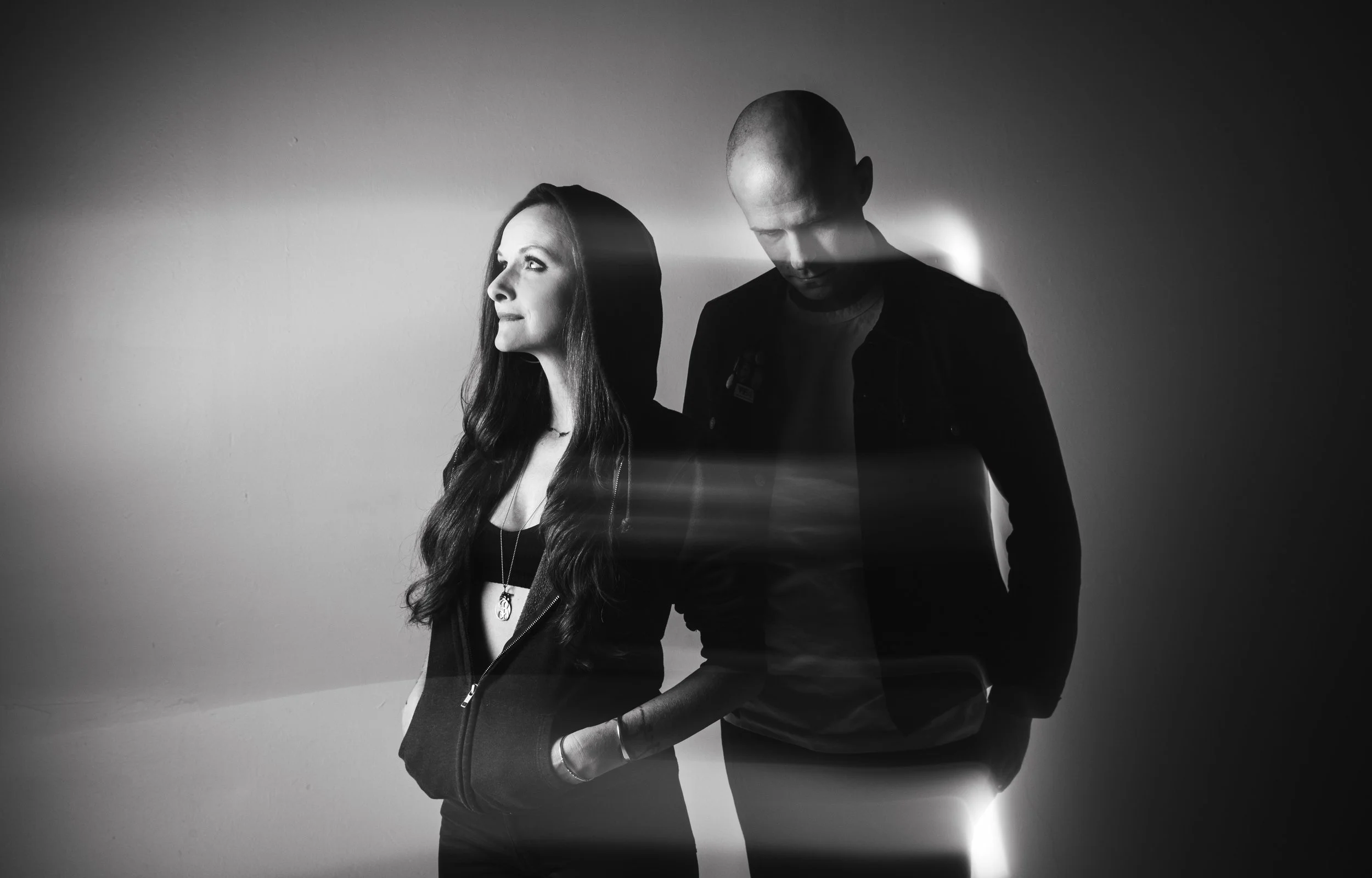FRIENDSHIP COMMANDERS
MASS is the third album by Nashville heavy duo Friendship Commanders, a concept record about memory, language, and the state of Massachusetts. The project was written after the suicide of songwriter Buick Audra’s longtime friend. The ten-track body of work presents a series of true stories, snapshots of experiences that Buick lived through and has come back to address. Of the collection, she says:
“I was in a position to look back on my time in Massachusetts, a place I’m not from, but was moved to several times throughout my adolescence, and where I lived for some of my early adulthood. What I found, was new awareness and vocabulary around events that had once confused and injured me—and some that have shaped me to this day. I never expected to make this work, but after Marc died, this was where my mind went, and I just let it run. I had blocked some of it out, but once I started to write music about it, it all showed up. My bandmate Jerry Roe and I co-produced the album with Kurt Ballou, and it was recorded and mixed by Kurt at his God City Studio in Salem, Massachusetts. It was intense to return to Mass to make the record there, but we think it was the perfect choice, sonically and personally.”
While the project is autobiographical, it invites the listener to ask themselves about what they understand of their past, and how that knowledge colors their present. Jerry Roe says:
“I met Buick after nearly all of the events, times, and places that inspired this album took place, but I've come to know the stories intimately and it felt very special to bring these songs about them to life. Musically, I've never felt more at home. This new body of work combines all of the things I love most. It's heavy, very melodic, intensely emotional, and somehow simultaneously fun and heartbreaking. Very proud of what we all made together from Buick's work.”
The album’s sequence is designed to carry the narratives. The opening track, “Blue,” sets the table for the whole project by rejecting the idea that staying—whether in a relationship or a place—is the superior move. It also promises that if someone is living in a chapter they don’t know how to leave, they will. The next track is “Fail,” an anthem about inadvertently failing who we love wherein Buick openly grieves the death of Marc Orleans. “High Sun” takes the listener back to some of the events that turned Massachusetts into a dark place for her, including two episodes where she was mistreated by peers while onlookers did nothing. “Vampire” kicks against the grip of a dominant personality. “Still Life” echoes what Buick was told when she spoke up about imbalances she witnessed. “We Were Here” names the fear Buick long carried as a result of her Boston years: that she was unlovable. “Distortion” lists the things she felt she had to say about herself and her story to blend in with everyone else, always feeling that being different was a problem. “A Retraction” stands up to apathetic former friends while stating that if she ever told them she loved them, she didn’t. “Move” reminds the listener that they are always allowed to leave. And at the end of the album, the music falls away for “Dissonance,” a spoken piece about the many things she hoped the listener was able to hear and see during the course of the record.
The artwork for MASS and its related singles was done by Buick Audra using the cyanotype printing method, a choice chosen to illustrate how her memories have been colored by trauma, all blue. A limited edition of hand-numbered and signed cyanotype prints will be made available with the album, as well as an essay collection by Buick Audra (MASS: Essays on Memory, Language, & the State of Massachusetts), prose that further explores the narratives and themes of the music.

